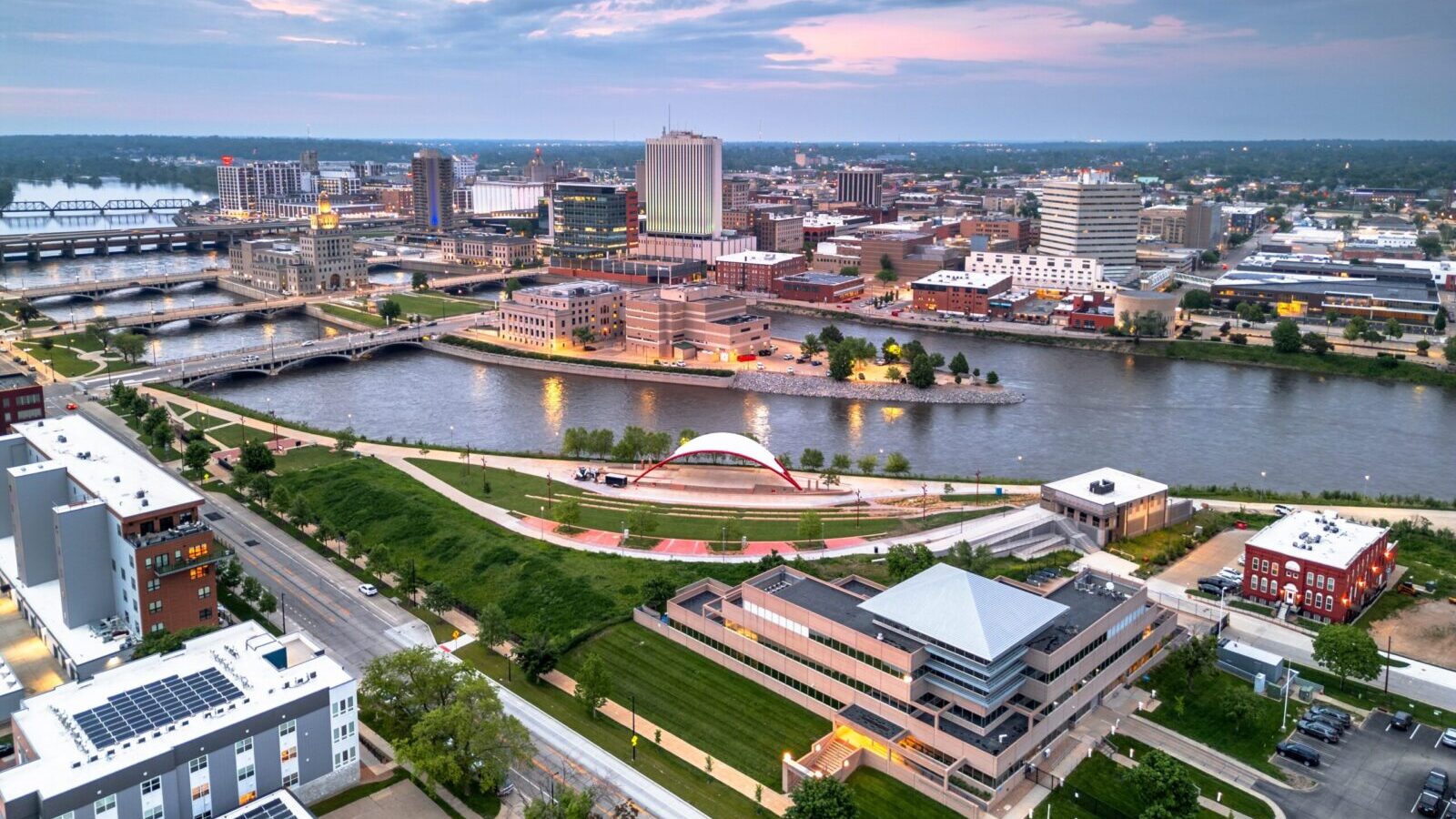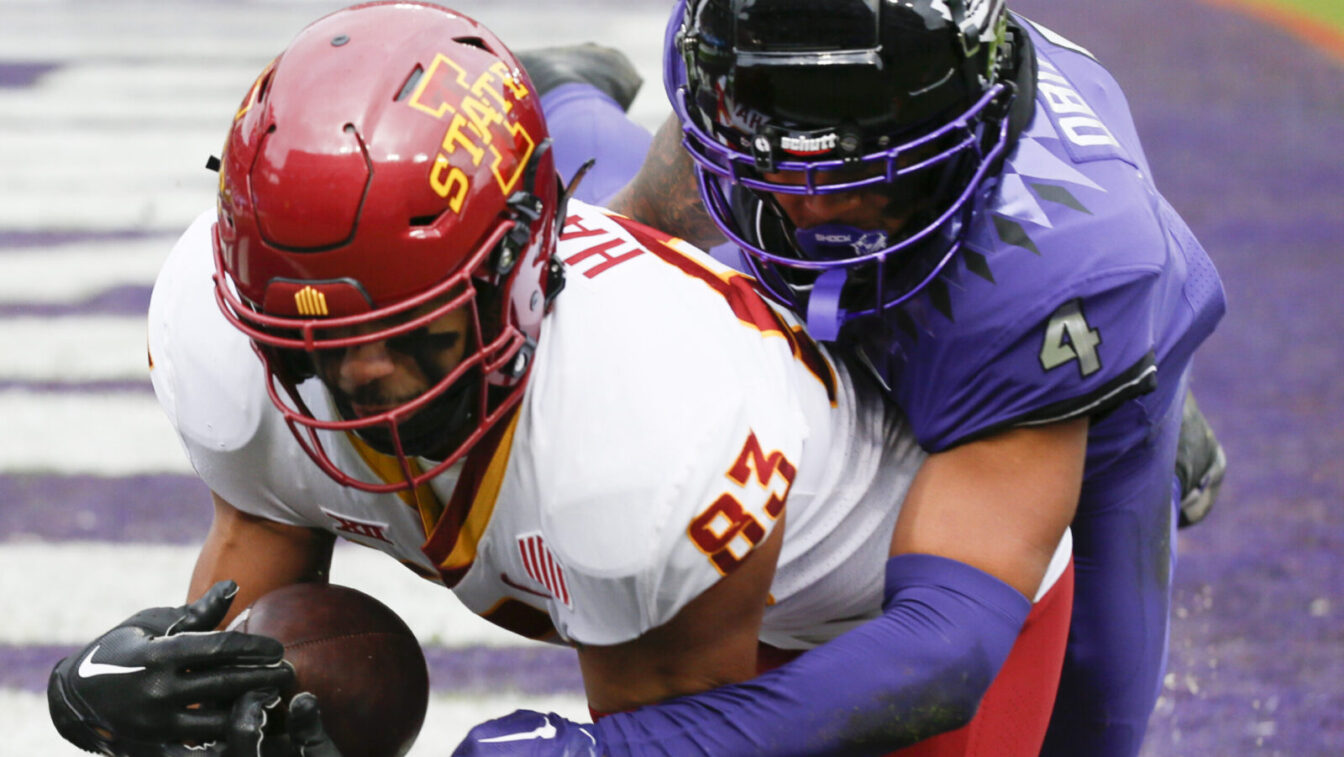It’s A Race Against The Clock For Cedar Rapids Casino Backers In Iowa
A moratorium on new casinos expired July 1, but there’s another moratorium attempt coming
4 min

This Thursday, Iowa will take another step toward potentially building its 20th casino.
The Iowa Racing & Gaming Commission will hear from vendors it will choose from to perform a market study on how a casino in Cedar Rapids, Iowa’s second-largest city, would impact the state and local region.
And this is a critical step. Both previous attempts to build a Cedar Rapids casino, in 2014 and 2017, fell apart after market studies predicted significant negative impact on surrounding casinos in Waterloo, Riverside, and Davenport.
But backers of the 2024 attempt hope this year’s study echoes a 2021 study that predicted a Cedar Rapids casino would increase statewide gambling revenue by $51 million.
Which developers are in play to build the casino?
On Sept. 16, applications will be due for any new gaming licenses. Then, on Oct. 3, applicants will present their casino proposals at the IRGC’s meeting in the Quad Cities.
Although there’s no limit on the amount of applicants, it’s the worst-kept secret that there’s really only one developer in play: Peninsula Pacific Entertainment, or P2E.
P2E has worked for years with the Linn County Gaming Association to bring a $250 million casino to Cedar Rapids. After the first two attempts were rejected by the IRGC after those fateful market studies, in 2022, Iowa lawmakers passed a two-year moratorium on any new casinos being built in the state — right as P2E and Linn County were working on a proposal.
That moratorium expired July 1.
Since then, all interested eyes in Iowa have been focused on Cedar Rapids.
This casino would be called Cedar Crossing Casino, and the Cedar Rapids City Council has already agreed with P2E to designate city-owned property near downtown to build it.
iGaming supporter stands in the way
However, there’s a problem.
Rep. Bobby Kaufmann, the same representative behind Iowa’s three failed online casino bills the past three years, has publicly said he’ll introduce another moratorium for new casinos when the next legislative session starts on Jan. 13 — well before Feb. 6, which is when the IRGC is set to vote on the Cedar Rapids casino bid.
He even tried to push another moratorium through in 2024, but he ran out of time to get it through the House and the Senate before the session ended in April.
“I did not offer the amendment last year to have it pass the House just to abandon my efforts, so I certainly plan to reintroduce it this year,” Kaufmann told the Iowa Capital Dispatch in July.
Kaufmann represents Wilton, Iowa, a small city near Riverside and Davenport, both of which currently have casinos and employ Wilton residents.
“There’s a movement in my caucus for folks that are not a fan of gambling, and then there’s a movement of folks in my caucus that are concerned about cannibalization,” Kaufmann told CBS 2 Iowa, “and so those two groups joined together for that amendment I proposed — which is why it passed the House.”
What are supporters saying?
On July 31, 10 lawmakers representing Linn County sent a letter in support of Cedar Crossing Casino to the IRGC. In it, they cite that 2021 study that predicted a Cedar Rapids casino would increase statewide gambling revenue by $51 million.
They also emphasize their local community’s eagerness to build a casino. Linn County voters, the lawmakers reminded the IRGC, have twice before voted to approve a casino via countywide referendums in 2013 and 2021.
“The construction of a Cedar Rapids Casino will generate numerous construction jobs, providing a boost to our local labor market,” the letter reads. “Once operational, the proposed Cedar Crossing Casino will create permanent jobs in various fields, offering valuable employment opportunities for residents and enhancing economic stability.
“Cedar Rapids should not be excluded from the benefits that casino gaming offers. … It is our hope that state government recognizes the will of the people and grants Cedar Rapids the opportunity to develop a world-class gaming and entertainment destination facility.”
Cedar Rapids City Manager Jeff Pomeranz told The Cedar Rapids Gazette this month that Kaufmann’s moratorium may take a long time to get through the House and Senate, so there’s a chance the Feb. 6 IRGC vote comes before any bill passes anyway.
Plus, Pomeranz said, lobbyists in favor of Cedar Crossing Casino will be working hard.
“[We] have every intention of making it known that this is an important priority to the city of Cedar Rapids,” Pomeranz told The Gazette. “We think it’s vital to continue to develop our economy, and this was one important piece of our future economy.
“And so we’re not going to give up.”
The governor weighs in … sort of
If Iowa lawmakers do vote for another new casino moratorium, it will be up to Gov. Kim Reynolds whether to sign it into law, which she did two years ago.
The governor was asked about the potential of a Cedar Rapids casino and the chance of lawmakers trying to enact another moratorium during a press scrum last week.
“We will see what the legislature does,” Reynolds said. “I never weigh in until they do what they’re going to do. Because it never — it never looks the same by the time it gets to my desk. That’s why I have a Racing and Gaming Board and that’s why we have a legislative body.”
Online casinos on the backburner for now
The Cedar Rapids retail saga has put iGaming on the backburner in Iowa. Kaufmann didn’t respond to a request for comment for this story. But it appears his main gambling focus when the legislative session begins will be to rally support for the retail casino moratorium.
Ty Rushing, the chief political correspondent for independent news outlet Iowa Starting Line, told Casino Reports he hasn’t “gotten much of a pulse” for buzz on any gambling topic in Iowa other than the Cedar Rapids casino, which is telling.
Stephen Gruber-Miller, the chief statehouse reporter for The Des Moines Register, told Casino Reports that this year being an election year could throw the normal legislative routine out of whack — and that could either hurt or help a potential iGaming bill’s chances.
“Gambling bills can scramble the usual political alliances a bit,” Gruber-Miller said. “I haven’t seen a ton of appetite for online gambling among lawmakers in past years, but you never know how that could change after the election.”
Still, Kaufmann, who also sponsored Iowa’s sports betting legislation that passed in 2019, has introduced an online casino bill every year since 2021. Last year’s online casino bill, HSB 227, at least made it to subcommittee, but it stalled there.
So whether it’s Kaufmann again or another lawmaker, it’s safe to assume online casinos will again be on the table during Iowa’s 2024-25 legislative session.
If it’s another push from Kaufmann, it’s ironic that he’s employing the cannibalization argument against a new casino in Cedar Rapids. Cannibalization is one of the main arguments against legalizing online casinos. Kaufmann is talking about retail cannibalization in his argument, of course, but the ideas share a lot of common ground.






